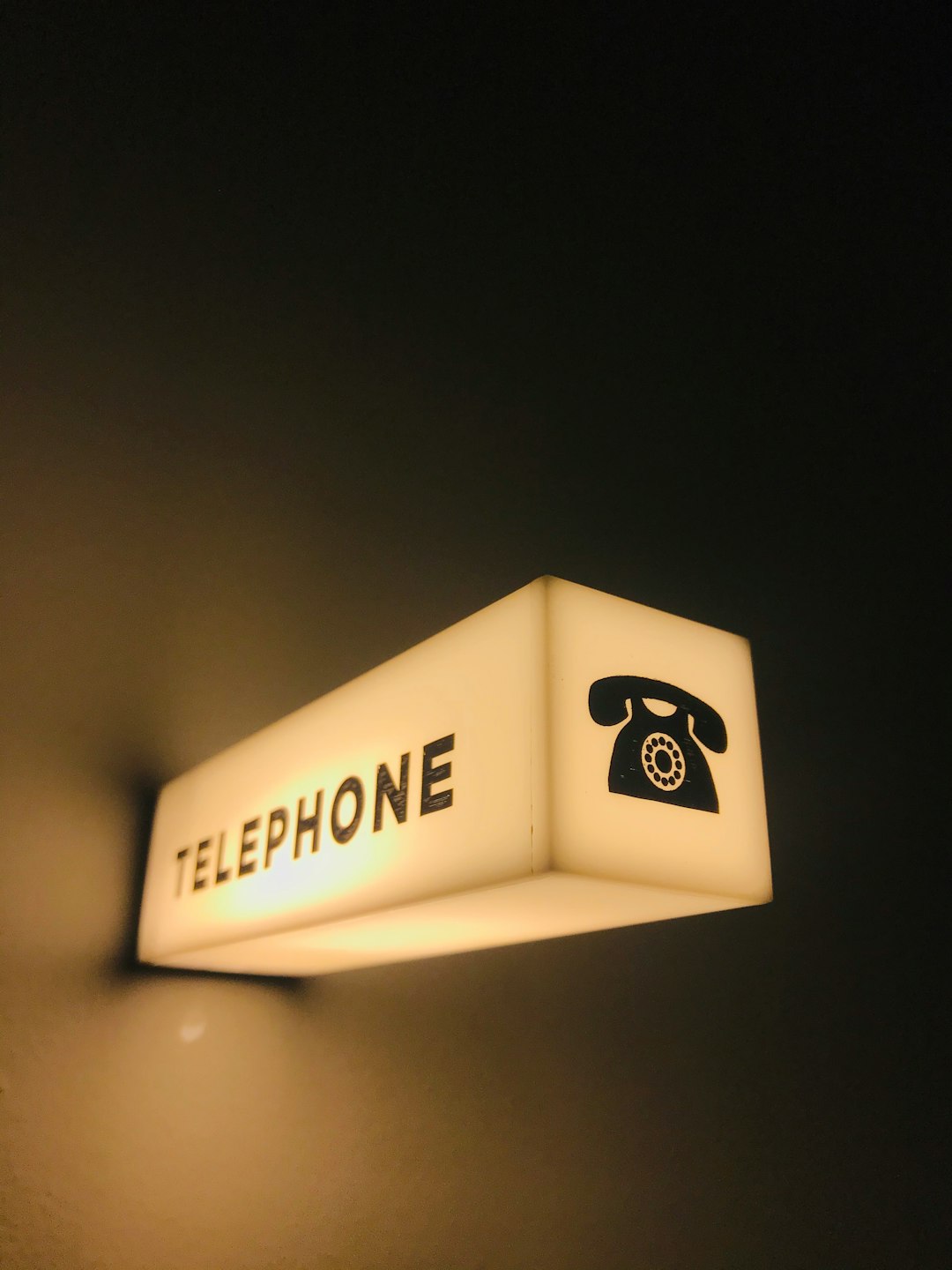Indiana's strict telemarketing laws protect residents from aggressive sales tactics, with key regulations banning automated calls (robocalls) and prerecorded messages without explicit consent. Businesses must comply with these rules, which include a do-not-call list and specific timing restrictions for outbound calls. Consumers can file complaints with the Indiana Attorney General's office, while consulting a lawyer for Unwanted call Indiana is advised to navigate complex regulations and avoid penalties.
“In the dynamic landscape of telemarketing, understanding Indiana’s unique regulatory environment is paramount. This article serves as a comprehensive guide to navigating the state’s stringent consumer protection laws and the evolving dynamics of outbound sales calls.
From Indiana’s strict rules on do-not-call lists to the legal implications of unwanted or harassing calls, we delve into key regulations. We also explore compliance strategies for telemarketers, highlighting best practices and the crucial role a lawyer specializing in unwanted call cases can play in ensuring business legitimacy. Discover how to stay compliant and protect your brand in this tightly regulated domain.”
Indiana's Telemarketing Laws and Regulations

Indiana has established a comprehensive set of laws and regulations to govern telemarketing practices within its borders, offering protections for residents from unwanted calls. These rules are designed to balance consumer rights with legitimate business needs, ensuring fair and transparent marketing interactions. The state’s legislation prohibits certain abusive telemarketing tactics, such as making calls using automatic dialing systems or prerecorded messages without prior consent.
Moreover, Indiana’s laws mandate that businesses engaging in telemarketing activities obtain written authorization from consumers before initiating calls, providing an effective remedy for those who experience unwanted or harassing phone calls. Consumers can register complaints with the Indiana Attorney General’s office, which has the authority to take legal action against violators, including seeking financial penalties and injunctions. For individuals facing persistent issues with unwanted calls, consulting a lawyer specializing in telemarketing regulations, such as a lawyer for Unwanted call Indiana, can be a crucial step towards resolving the problem and understanding their rights under the state’s telemarketing laws.
– Overview of Indiana's consumer protection laws regarding telemarketing

In Indiana, consumer protection laws play a crucial role in regulating telemarketing practices to safeguard residents from unwanted calls and deceptive sales tactics. The state has implemented specific legislation to protect consumers from nuisance calls, ensuring that businesses adhere to ethical marketing standards. These laws are designed to balance the needs of businesses engaging in legitimate sales with the right of Indiana residents to control their phone communications.
Key aspects of Indiana’s consumer protection laws include restrictions on automated or prerecorded calls, commonly known as robocalls, and requirements for telemarketers to obtain explicit consent before contacting consumers. A lawyer for unwanted call Indiana can provide guidance on navigating these regulations. Businesses must also disclose certain information, such as the purpose of the call and the identity of the caller, to respect consumer privacy and give them the power to make informed decisions about their interactions with telemarketers.
– Key regulations and restrictions on outbound calls, do-not-call lists, and caller ID practices

In Indiana, telemarketing activities are subject to several key regulations designed to protect consumers from unwanted calls and ensure ethical business practices. One of the primary restrictions is the do-not-call list, which allows residents to opt-out of receiving marketing calls. Consumers can register their phone numbers with this list by contacting the Indiana Utility Regulatory Commission (IURC) or using designated online forms provided by telecommunications carriers. Compliance with these lists is mandatory for businesses, including those seeking legal counsel on unwanted calls in Indiana; a lawyer specializing in this area can guide companies through navigating these regulations to avoid penalties.
Additionally, there are rules governing outbound calls, dictating when and how telemarketers may contact potential customers. These guidelines include restrictions on call timing, such as prohibiting calls before 8:00 a.m. or after 9:00 p.m., except under specific circumstances. Caller ID practices are also regulated; businesses must accurately identify themselves when making outbound calls, ensuring transparency and avoiding deceptive tactics. Failure to adhere to these regulations can result in fines and legal repercussions, underscoring the importance of seeking expert advice from a lawyer for unwanted call Indiana to stay compliant.






